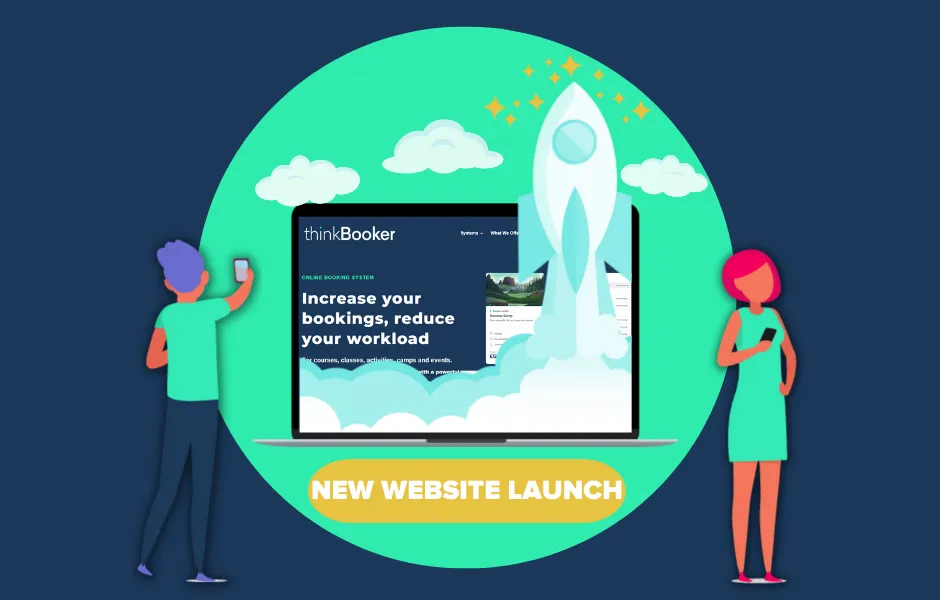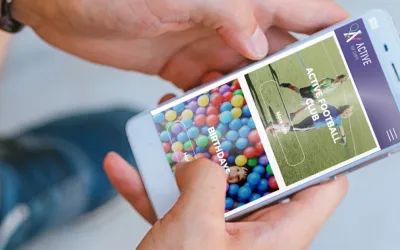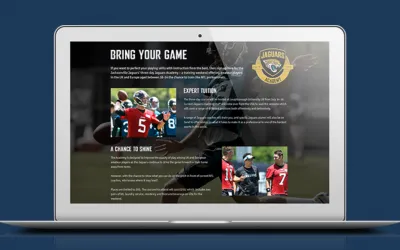Our latest blog post takes a look at the importance of having access to real-time data in your booking system and how this can help boost your customer experience.
Data (or information, as your parents might have called it) is not a new concept. In fact, analysing data to help inform business decisions has been around, in one form or another, for as long as business has been a thing.
This, as you are probably aware, has ramped up somewhat in the last 10-15 years, as the flow of information across digital channels has gone from trickle to stream to full-on tsunami.
Whether via websites, social media, tele-communication or face-to-face interaction (yes, it still happens), the volume of data and personal information within the public domain has never been so high.
And it’s a volume that grows by the day and flows at extreme speed.
We live in an up-to-the-minute world
If we want to find something out, we want to find out now. It’s the Sky Sports, 24-hour news world in which live.
No matter if it’s Brexit or Love Island, football transfers or the stock market.
Instant updates, breaking news, notifications and alerts bleeping on our phones.
The value for up-to-the-second information is high.
What this means for booking providers
Whether booking out a resource, like a meeting room, places on a course, camp or event, or booking a slot with a consultant, having the ability to display availability in real-time can be the difference between a luke warm enquiry and a confirmed booking.
How?
On the client side, if availability isn’t readily, well, available, then there’s a greater risk that they will move onto a site where they can make a quicker decision.
The more steps that you put in the way of a customer finding out the information that they need to proceed with a booking, the more you increase the likelihood of their abandoning the search.

Real-Time information eliminates the waiting time and gets customers to the check-out faster
The expectation of instant access to information feeds into people’s search habits when it comes to bookings, which can have an impact on whether or not they will book with you or with a competitor.
Typically, companies will have a contact or enquiry form (we’ve got one, here ->CONTACT US) – and there’s really nothing wrong with this, especially in a B2B environment, as you want a way for your potential customers to get in touch with you and get that relationship started.
However, if your visitors are looking for a meeting room to book, it can be unnecessarily time-consuming, frustrating and potentially harmful to the eventual sale, to have to send an enquiry and wait for a response to find out if that room is available.
And, when average email responses are in excess of 12 hours (source: Super office) then that’s a lot of time for the customer to find an alternative solution elsewhere.
Conclusion
Using a booking system that provides highly visible and accurate real-time information means you are empowering your customers to take positive action and make the booking. It’s a removal of unnecessary barriers and time-delays that are a typical cause of abandoned booking journeys in a buying environment that is increasingly geared towards self-service solutions.
If a visitor wants to know if a product is available, it’s a pretty good indication that they are seriously considering making the purchase; so why make them wait?
Put that information front and centre, whatever device or channel they’re searching on, to gently guide them by the digital hand towards making that booking.
At thinkBooker, we specialise in online booking systems for training courses, classes, activities and events – optimised for efficiency, growth and ongoing client satisfaction.
Browse the site to learn more about course booking systems, sports booking systems, event booking systems and more, or get in touch directly to find out how we can help you.



